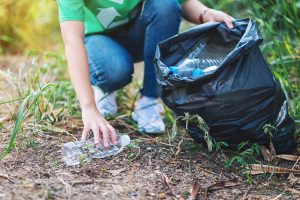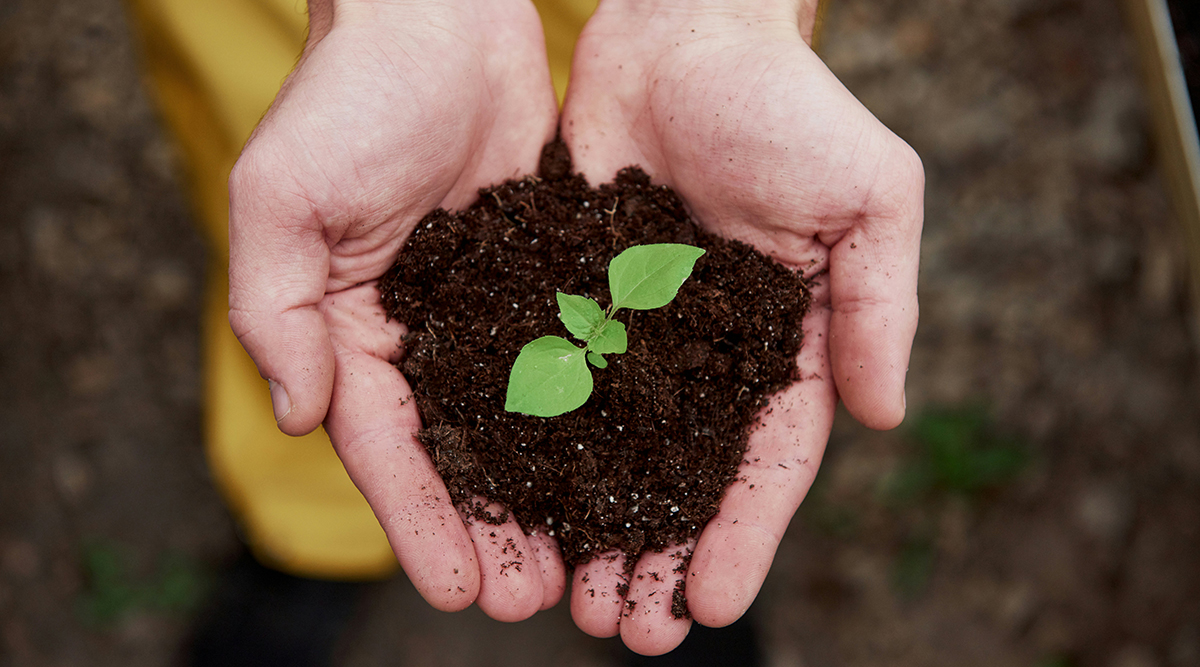The Evolution of Recycling and Waste Management Laws: A Comprehensive Overview
Recycling and waste management are critical components of environmental stewardship. As our understanding of sustainability grows, so do the laws and regulations governing these practices. In recent years, several states in the United States have implemented significant changes to their recycling, waste, and organics management laws. This blog post explores these developments, highlighting key points and examining how companies like KenBay, with their efficient commercial trash compactors, can contribute to a greener future.
State-Level Changes
1. California, Connecticut and Rhode Island
 As of January 1, 2024, the states of California, Connecticut and Rhode Island have enacted new laws aimed at improving recycling and waste management practices:
As of January 1, 2024, the states of California, Connecticut and Rhode Island have enacted new laws aimed at improving recycling and waste management practices:
- Recycling Mandates: Stricter recycling requirements now apply to businesses and households. Increased emphasis on separating recyclables ensures more efficient processing.
- Bottle Bills and Reverse Vending Machines: The bottle bill system has evolved since its first inception. Consumers pay a deposit on beverage containers, which they can reclaim by returning them to reverse vending machines. This incentivizes recycling and reduces litter.
2. Organics Management in Washington and California
Organic waste, including food scraps and yard trimmings, constitutes a significant portion of landfill content. Washington and California have taken steps to address this issue:
- Composting Programs: These states encourage composting by providing incentives to households and businesses. Composting reduces landfill space and produces nutrient-rich soil amendments.
- Anaerobic Digestion: Facilities now convert organic waste into biogas through anaerobic digestion. This process generates renewable energy while diverting waste from landfills.
3. Minimum Recycled Material Requirements in New Jersey
New Jersey now mandates minimum recycled content in certain products. Manufacturers must incorporate recycled materials into their packaging, promoting a circular economy.
4. Reuse and Refill Policies in Illinois
Illinois encourages reusable packaging and refillable containers. By reducing single-use plastics, the state aims to minimize waste generation.
5. Plastic Packaging and Bag Bans
Several states have banned or restricted single-use plastic bags and packaging. These measures reduce plastic pollution and encourage alternatives like reusable bags. These measures not only contribute to waste reduction but also foster a culture of sustainability and responsible consumption.
By imposing stricter regulations and providing tangible incentives, these states are actively working towards minimizing environmental degradation caused by improper waste disposal.
KenBay’s Role in Sustainability
KenBay, a leader in waste management solutions, contributes significantly to environmental conservation:
- Carbon Neutrality: KenBay prioritizes reduced carbon emissions. Its RotoPac waste compactors minimize the need for frequent haul-offs, leading to fewer emissions from transportation.
- Space-Efficient Solutions: KenBay’s RotoPac line of compactors that can be customized to a customer’s specifications* compress waste, allowing businesses to utilize less landfill space. This directly impacts the environment by extending landfill lifespans.
- Fuel Consumption Reduction: Efficient waste management reduces the need for fuel-intensive transportation. KenBay’s systems optimize waste collection routes, saving energy and resources.
Conclusion
 The landscape of recycling, waste, and organics management is evolving rapidly. State-level changes reflect a commitment to sustainability and environmental well-being. Companies like KenBay play a crucial role in this transformation, offering innovative solutions that align with our planet’s needs. As we move forward, let us continue to prioritize responsible waste management and build a cleaner, greener future for generations to come. Contact us at 973-828-8081 to gain valuable insights on optimizing your environmental impact, increasing your responsible waste management practices and adopting innovative solutions for your trash compaction needs.
The landscape of recycling, waste, and organics management is evolving rapidly. State-level changes reflect a commitment to sustainability and environmental well-being. Companies like KenBay play a crucial role in this transformation, offering innovative solutions that align with our planet’s needs. As we move forward, let us continue to prioritize responsible waste management and build a cleaner, greener future for generations to come. Contact us at 973-828-8081 to gain valuable insights on optimizing your environmental impact, increasing your responsible waste management practices and adopting innovative solutions for your trash compaction needs.
*sometimes includes an additional cost



